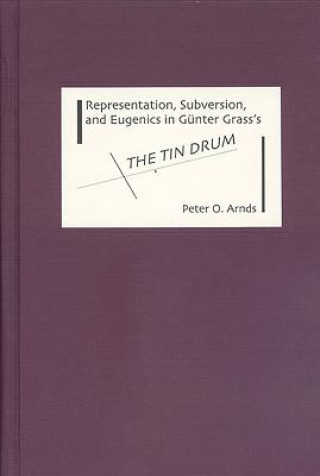
Kód: 04818699
Representation, Subversion, and Eugenics in Gunter Grass's The Tin Drum
Autor Peter Arnds
In receiving the Nobel Prize for Literature in 1999, Gunter Grass, a prominent and controversial figure in the ongoing discussion of the German past and reunification, finally gained recognition as Germany's greatest living author ... celý popis
- Jazyk:
 Angličtina
Angličtina - Vazba: Pevná
- Počet stran: 188
Nakladatelství: Boydell & Brewer Ltd, 2004
- Více informací o knize

3210 Kč
Dostupnost:
50 % šance Máme informaci, že by titul mohl být dostupný. Na základě vaší objednávky se ho pokusíme do 6 týdnů zajistit.
Máme informaci, že by titul mohl být dostupný. Na základě vaší objednávky se ho pokusíme do 6 týdnů zajistit.Prohledáme celý svět
Mohlo by se vám také líbit
-
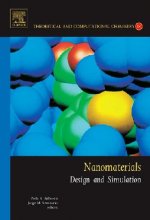
Nanomaterials: Design and Simulation
6751 Kč -

Christopher Columbus
307 Kč -

Re-Thinking Green
662 Kč -

Serbia and the Balkan Front, 1914
5146 Kč -
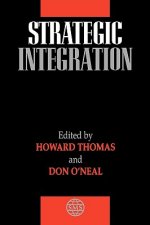
Strategic Integration
4791 Kč -
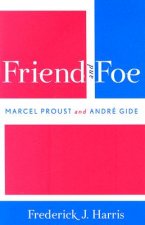
Friend and Foe
5263 Kč -

Handbook of Content Literacy Strategies
1384 Kč
Dárkový poukaz: Radost zaručena
- Darujte poukaz v libovolné hodnotě a my se postaráme o zbytek.
- Poukaz se vztahuje na celou naši nabídku.
- Elektronický poukaz vytisknete z e-mailu a můžete ihned darovat.
- Platnost poukazu je 12 měsíců od data vystavení.
Informovat o naskladnění knihy
Zadejte do formuláře e-mailovou adresu a jakmile knihu naskladníme, zašleme vám o tom zprávu. Pohlídáme vše za vás.
Více informací o knize Representation, Subversion, and Eugenics in Gunter Grass's The Tin Drum
Nákupem získáte 321 bodů
 Anotace knihy
Anotace knihy
In receiving the Nobel Prize for Literature in 1999, Gunter Grass, a prominent and controversial figure in the ongoing discussion of the German past and reunification, finally gained recognition as Germany's greatest living author, a writer of international importance and acclaim. Grass' 1959 novel "The Tin Drum" remains one of the most important works of literature for the construction of postwar German identity. Peter Arnds offers a completely new reading of the novel, analyzing an aspect of Grass' literary treatment of German history that has never been examined in detail - the Nazi ideology of race and eugenics, which resulted in the persecution of so-called asocials as 'life unworthy of life', their extermination in psychiatric institutions in the Third Reich, and their marginalization in the Adenauer period.Arnds shows that in order to represent the Nazi past and subvert bourgeois paradigms of rationalism, Grass revives several facets of popular culture that National Socialism either suppressed or manipulated for its ideology of racism. In structure and content Grass' novel connects the persecution of degenerate art to the persecution and extermination of these 'asocials', for whom the persecuted dwarf-protagonist, Oskar Matzerath, becomes a central metaphor and voice. This comparative study reveals that Grass creates in the novel an irrational counterculture opposed to the rationalism of Nazi science and its obsession with racial hygiene, while simultaneously exposing the continuity of this destructive rationalism in postwar Germany and the absurdity of a Stunde Null, that putative tabula rasa in 1945. Peter O. Arnds is associate professor of German and Italian at Kansas State University.
 Parametry knihy
Parametry knihy
Zařazení knihy Knihy v angličtině Literature & literary studies Literature: history & criticism Literary studies: general
3210 Kč
- Plný název: Representation, Subversion, and Eugenics in Gunter Grass's The Tin Drum
- Autor: Peter Arnds
- Jazyk:
 Angličtina
Angličtina - Vazba: Pevná
- Počet stran: 188
- EAN: 9781571132871
- ID: 04818699
- Nakladatelství: Boydell & Brewer Ltd
- Hmotnost: 428 g
- Rozměry: 236 × 161 × 19 mm
- Datum vydání: 06. August 2004
Oblíbené z jiného soudku
-

How to Read a Book
303 Kč -
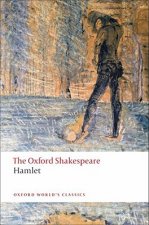
Hamlet: The Oxford Shakespeare
268 Kč -
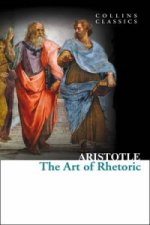
Art of Rhetoric
80 Kč -
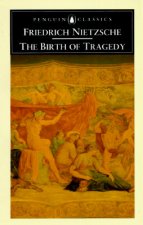
Birth of Tragedy
250 Kč -
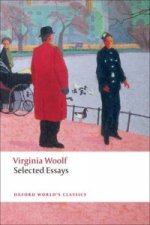
Selected Essays
276 Kč -
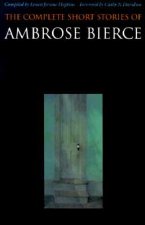
Complete Short Stories of Ambrose Bierce
518 Kč -

Serpent Power
521 Kč -
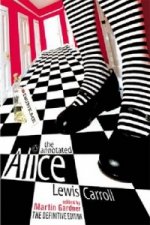
Annotated Alice
323 Kč -
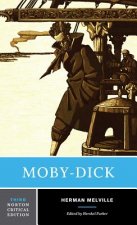
Moby-Dick
465 Kč -

Nordic Noir
410 Kč -
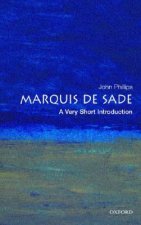
Marquis de Sade: A Very Short Introduction
273 Kč -
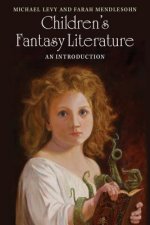
Children's Fantasy Literature
663 Kč -

Mysteries of Udolpho
302 Kč -
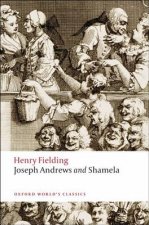
Joseph Andrews and Shamela
226 Kč -
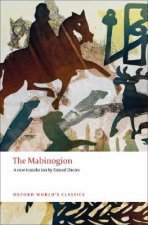
Mabinogion
276 Kč -

The Picture of Dorian Gray
170 Kč -
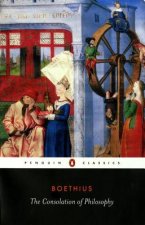
Consolation of Philosophy
276 Kč -

Seven Basic Plots
575 Kč -

Gulliver's Travels
170 Kč -

Life of Samuel Johnson
631 Kč -
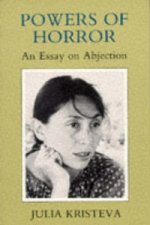
Powers of Horror
1243 Kč -

Road to Hel
1373 Kč -
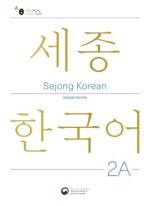
Sejong Korean Student Book 2A - English Edition, m. 1 Audio
733 Kč -
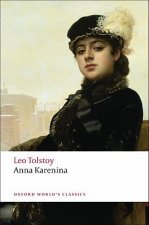
Anna Karenina
223 Kč -
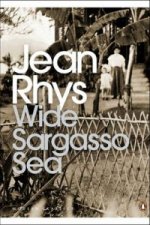
Wide Sargasso Sea
236 Kč -
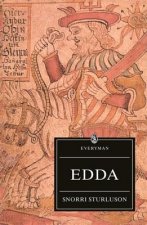
Edda
293 Kč -

Finn and Hengest
250 Kč -
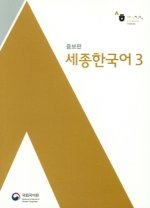
Sejong Korean 3, m. 1 Audio
681 Kč -
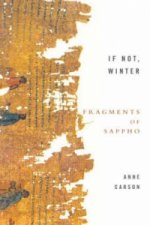
If Not, Winter: Fragments Of Sappho
353 Kč -
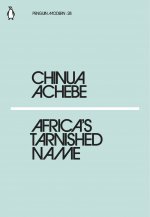
Africa's Tarnished Name
101 Kč -

Complete Poetry
196 Kč -

Captain is Out to Lunch
338 Kč -
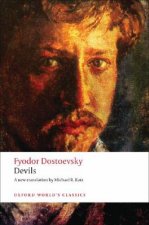
Devils
267 Kč -

Two Treatises of Government
264 Kč -

Count of Monte Cristo
276 Kč -

Sejong Korean 2 (Korean+English Version), m. 1 Audio
681 Kč -
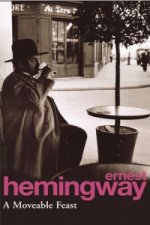
Moveable Feast
268 Kč -
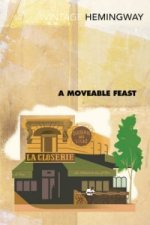
Moveable Feast
290 Kč -
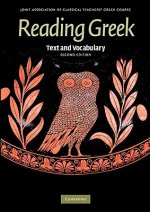
Reading Greek
964 Kč -

Dream Story
276 Kč -
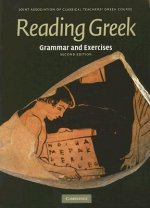
Reading Greek
1021 Kč -

Analysis of Donna Haraway's A Cyborg Manifesto
243 Kč -
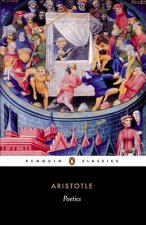
Poetics
266 Kč -
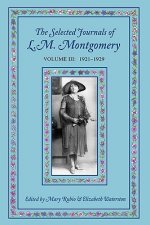
Selected Journals of Lm Montgomery Volume III 1921-1929
516 Kč -

Leaves of Grass
462 Kč -
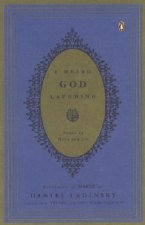
I Heard God Laughing
382 Kč -

Tragedy of King Richard III: The Oxford Shakespeare
223 Kč -
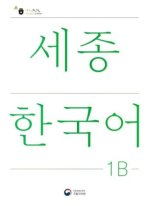
Sejong Korean Student Book 1B - Korean Version, m. 1 Audio
733 Kč -

Wild Ass's Skin
322 Kč
Osobní odběr Praha, Brno a 12903 dalších
Copyright ©2008-24 nejlevnejsi-knihy.cz Všechna práva vyhrazenaSoukromíCookies


 Vrácení do měsíce
Vrácení do měsíce 571 999 099 (8-15.30h)
571 999 099 (8-15.30h)